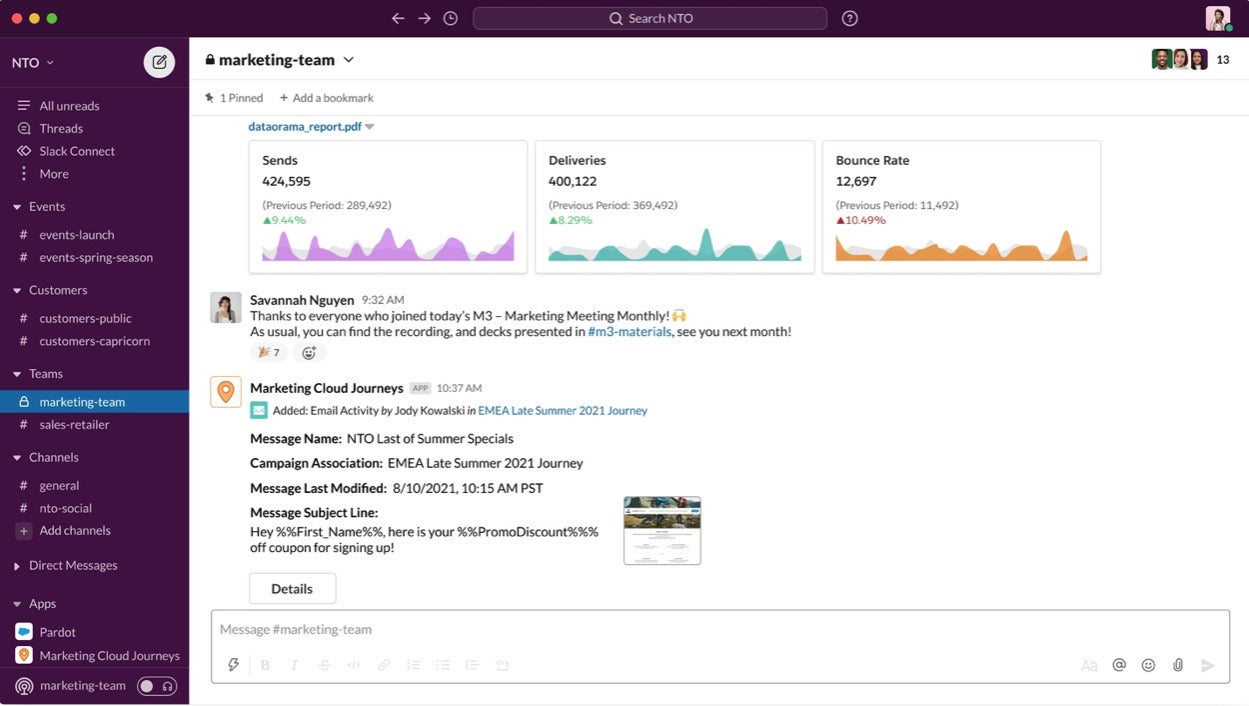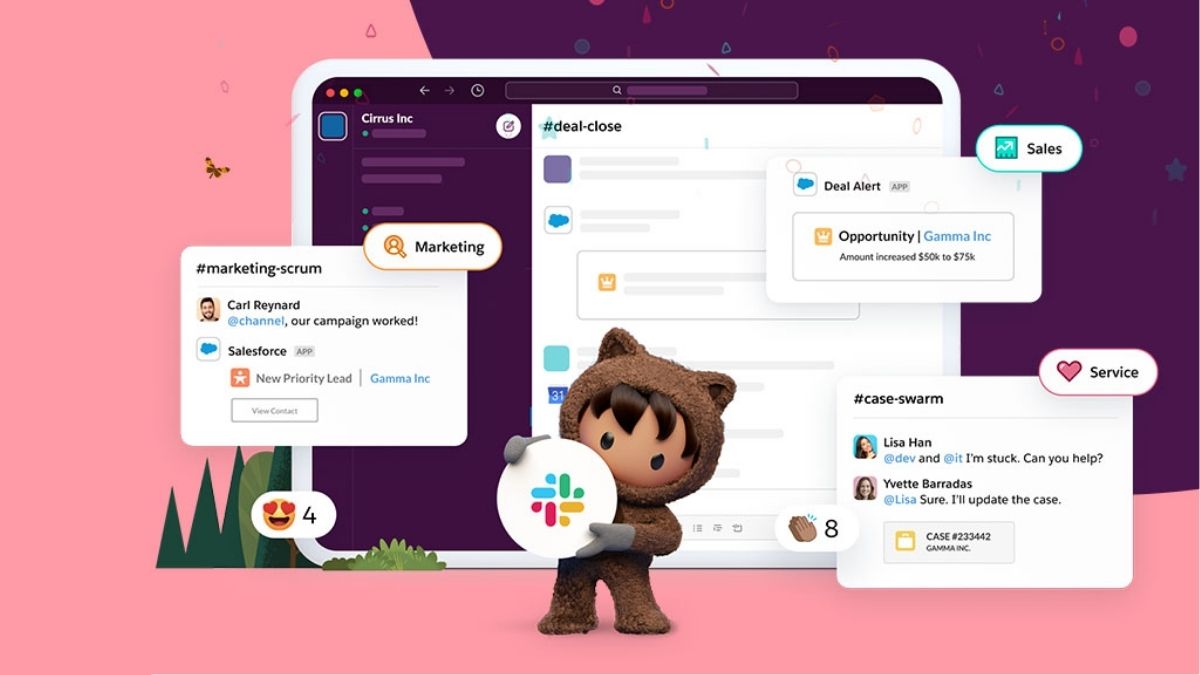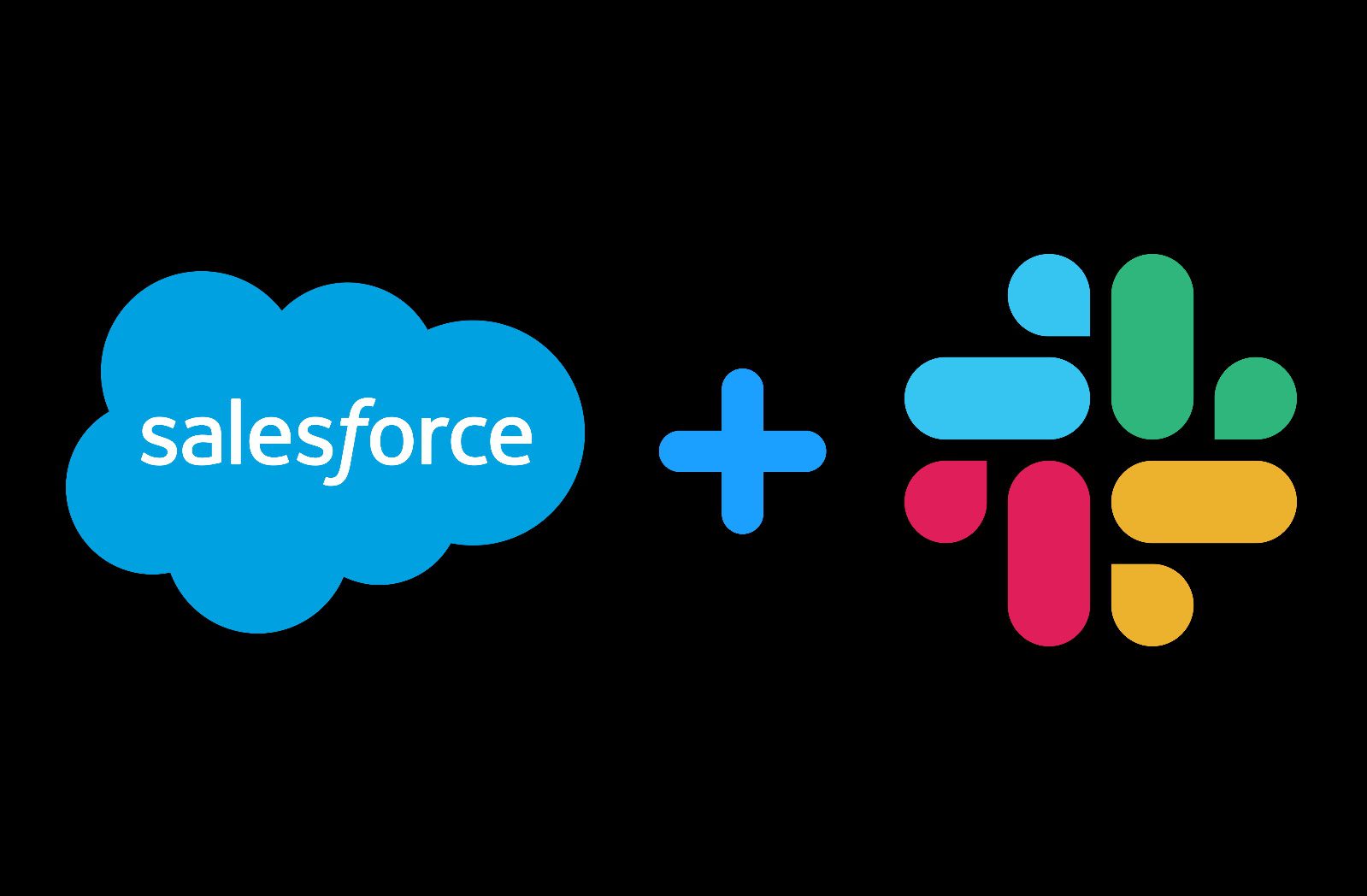

Salesforce to the rescue! How can Salesforce help Slack compete with Teams and Zoom? Slack needed a partner to sustain itself and compete with Microsoft. In many ways, its rivalry with Teams and its ensuing market valuation loss made Slack desperate for an acquisition. Additionally, its market valuation has eroded significantly since its IPO listing: From its IPO price of US$38.50, Slack was trading at $25.89 on October 31, 2020, a valuation loss of ~33%. In terms of market valuation, despite achieving robust revenue and user base growth, Slack has not been profitable, reporting a loss of US$138 million in 2019. Moreover, Teams continues to expand its presence with a daily active user base touching 115 million in October 2020. In terms of market adoption, before Slack stopped reporting daily active user numbers in 2019, it was able to grow to about 12 million users in seven years Teams matched that number in only three years. Then Microsoft set its sights on the space, effectively crushing Slacks’ growth. What began as an internal tool, developed out of necessity turned into a wildly popular chat and productivity offering. They say necessity is the mother of invention, and Slack is the poster child for that. With its deep pockets and bundled offerings, Microsoft effectively contained Slack, turning the market against it, causing its valuation to decline.


Aggressive sales – Microsoft started a price war with Slack by offering Teams as a free product or at a highly discounted price.It effectively provided Teams for free as part of multiple Office 365 packages, providing a more holistic value proposition. An ecosystem play – Microsoft leveraged its Office 365 ecosystem to increase the Teams user base.Microsoft used the US$8 billion to invest in Teams growth through: Microsoft considered buying Slack for US$8 billion in 2016, but ultimately decided to take this market on organically, releasing Teams within a year. There was much excitement on December 1, 2020, when Salesforce announced that it has entered into a definitive agreement to acquire Slack, and Salesforce CEO Marc Benioff called the US$27.7 billion deal a “match made in heaven.” In the days since, however, the market has significantly dampened that excitement, with Salesforce losing more in market valuation than the price it paid for the acquisition.īut we at Everest Group are bullish on the deal we believe Salesforce has much to gain in the long term.


 0 kommentar(er)
0 kommentar(er)
